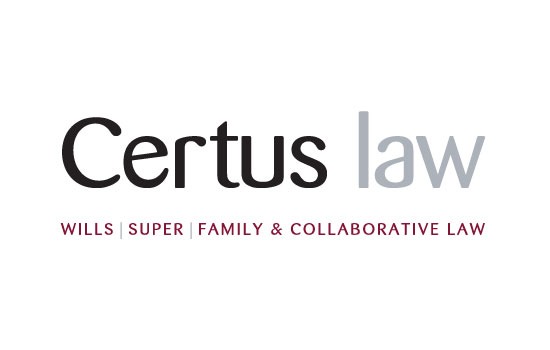
I was reading the Australian’s Women’s Weekly the other day (as you do) when I came across an article about the estate of Peter Brock. It is a salutary lesson in being prepared for one of the two certainties in life- death.
First, a little background. Peter had prepared his first will in 1983. The will was professionally drafted and properly executed. It was then stored in the solicitor’s safe custody.
As time went on, Peter thought to update his will. There was a sign “WILL KIT _ BUY ONE, GET ONE FREE”. Peter sat down to prepare the will but when it came to filling in the details of the will kit, he said to Bev “You fill it in. You will know what to do.” Peter signed it. The will was witnessed by one witness (you need two witnesses for the valid will).
As it turned out, Bev did not fill in the details. But the will kit has a pre-printed clause: “I revoke all my previous testamentary dispositions.”
Subsequent to that will kit, Peter and Bev broke up. Peter then formed a new relationship with Julie.
Peter then has another will kit and decides to dictate his will to his assistant who was to fill out the will kit. Part way through the process, Peter’s assistant says to him that the will was becoming too complex and that Peter should have it prepared by a solicitor. They adjourn, put the incomplete will kit in the filing cabinet, not signed and not witnessed.
Peter died in 2006.
Which of the three wills is the valid will?
* The last will was never signed or witnessed and it was not completed. It was not a valid will;
* The second will was not filled out but it was signed. The court thought the witnessing was not fatal to validity and found that will to be valid.
* The first will (prepared by the solicitor in 1983) was found to be revoked because of the pre-printed clause in the will kit.
So the second will was the valid will. But all it did was revoke the first will and did not contain any gifts because Peter’s request to Bev to fill out the details was not carried out. The will kit was blank.
There was a challenge to the will.
It became an expensive process with the much of the value of the estate being eaten up in fees. The Women’s Weekly article says that Julie “still can’t say the word ‘lawyer’ without getting upset.”
The article goes on to say that the fees of the estate contest took up so much of the estate that both Bev and Julie are struggling financially to this day. On top of the financial burden, there was also a very heavy emotional toll on all involved.
So the moral of this story is: Get your will done. It’s something that many people put off because it does not have to be done today. However, if you have a properly prepared will and estate plan in place you can save your family not only the large financial costs involved in a court challenge but also save those left behind the heavy emotional toll.

